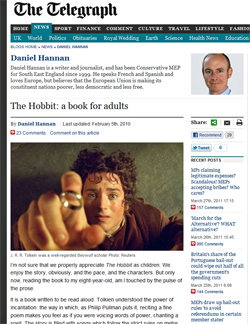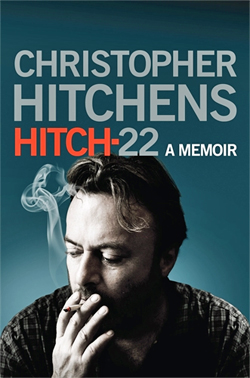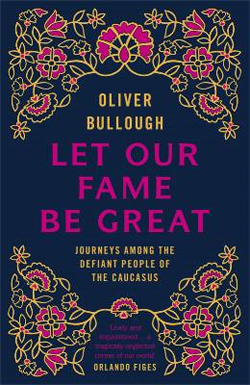
Alex Massie is a freelance journalist, currently based in the Scottish Borders. He spent five years in Washington DC as a correspondent for The Scotsman and the Daily Telegraph. Prior to that he was Assistant Editor and Chief Leader Writer for Scotland on Sunday. He has also worked as a sports journalist and as a magazine feature writer. He blogs about American, British and Scottish politics and culture. And cricket.
Taken from Alex Massie on The Spectator
Submitted posts
Ireland and the Kubler-Ross Model of Grief
Stray Thoughts on the Execution of Osama bin Laden
This Social Union, This Commonwealth
Stephen Birrell’s Conviction Shames Scotland
Rebekah Brooks: I Am Not A Witch, I’m You
Other links
















